Most US Commutes Could Be Handled by EVs: Study

Range anxiety about electric cars may be misplaced according to new research.
A recent study published by Nature Energy shows that at least 98 percent of the cars used everyday on U.S. roads could be replaced by electric cars on a single charge. The findings coincide with similar data from the U.K. government that shows more than 99 percent of car journeys are less than 100 miles.
The new research compared the distribution of daily miles driven in different parts of the U.S. using the range of existing electric cars. The data on distances came from the U.S. National Household Travel Survey. The study also modified the published electric vehicle range data to take account of two ways drivers can significantly increase a car’s energy use, resulting in an actual decrease of range on a single charge.
First, the study matched journey data with hourly temperature records to account for air conditioning use in warmer climate. Second, it included driver behavior by using second-by-second GPS tracking.
SEE ALSO: Tesla Promises ‘End To range Anxiety’
Researchers then took their driving model and compared it to the battery capacity of a 2013 Nissan Leaf that has a published range of 70 to 80 miles. The paper says that the Leaf is enough to drive the distance covered during 87 percent of daily travel in the U.S. Of course there are some vehicles with more range than the Nissan Leaf, especially considering the newer models have a larger 30-kWh battery. As a result, a 60-kWh Chevy Bolt could replace around 98 percent of the cars used daily, while a 90-kWh Tesla can replace 99 percent.
The problem is, range anxiety is an issue because people aren’t always confident that they will travel within a certain range each day. For the most part, drivers find it hard to predict how likely they are to exceed a car’s range.
Automakers worldwide are working on making their electric vehicles drive further while being more affordable. Rumor has it that Tesla will introduce its 100-kWh battery option soon.
[Source: CarbonBrief]
Discuss this story on our Alternative Fuel Forum

Jason Siu began his career in automotive journalism in 2003 with Modified Magazine, a property previously held by VerticalScope. As the West Coast Editor, he played a pivotal role while also extending his expertise to Modified Luxury & Exotics and Modified Mustangs. Beyond his editorial work, Jason authored two notable Cartech books. His tenure at AutoGuide.com saw him immersed in the daily news cycle, yet his passion for hands-on evaluation led him to focus on testing and product reviews, offering well-rounded recommendations to AutoGuide readers. Currently, as the Content Director for VerticalScope, Jason spearheads the content strategy for an array of online publications, a role that has him at the helm of ensuring quality and consistency across the board.
More by Jason Siu



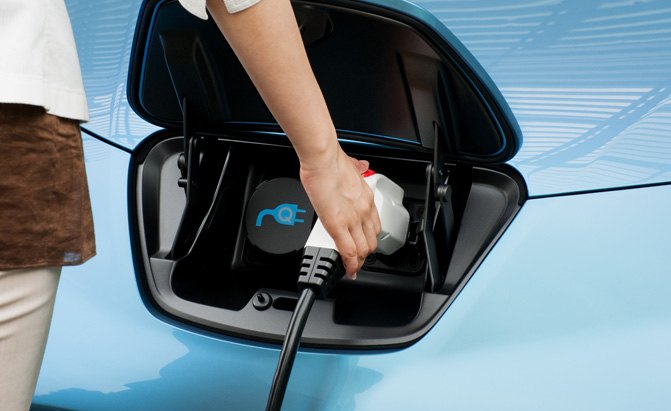














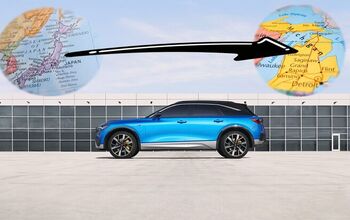
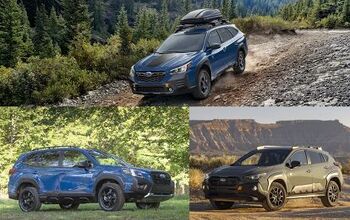
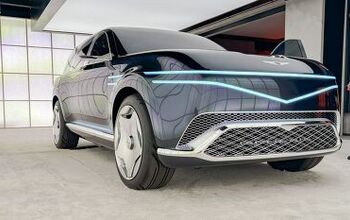
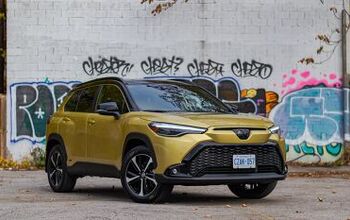
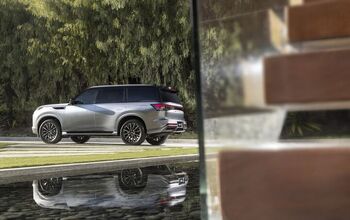


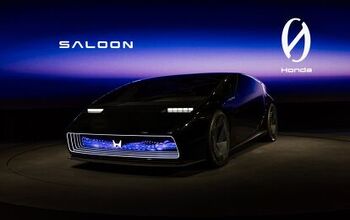
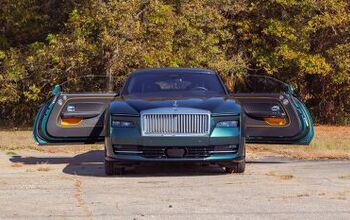


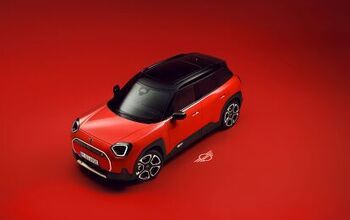
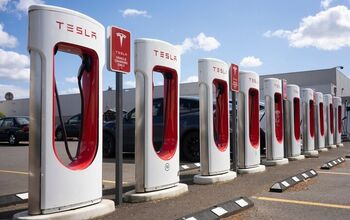

Comments
Join the conversation
One flaw I see in this study is that although EVs could handle most commutes, people don't only use their cars for commutes. Weekend travel needs to be accounted for. Most people aren't going to have two cars just so they can use an EV for short distance travel and gas powered for long distance.